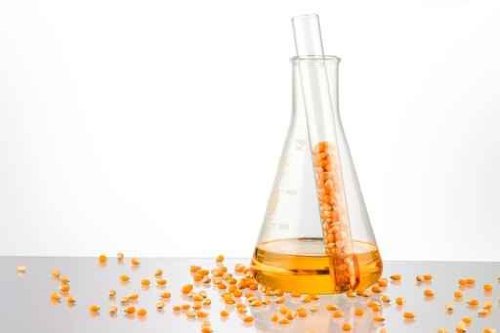Every opinion on a subject is biased by your own background. On the biofuel debate, I tend to go for a contrarian approach. There is so much resistance against bio fuel that I think, why don’t we give it a go.
Who are involved in the debate: defenders of the poor (Jean Ziegler) a United Nation’s independent expert on the Right to Food: Biofuel is a crime against humanity. Or Paul Krugman (economist): “we … need a pushback against biofuels, which turn out to have been a terrible mistake.” (1) Or another economist Jeffrey Sachs – “European efforts to promote biofuels should be rethought because of the contribution they have made to rising food prices” (2)
Or … a Nobel laureate has cautioned the government against rushing into biofuel development because there’s little energy to be gained from it. Dr. Hartmut Michel, the 1998 Nobel Prize winner for chemistry… said investing in biofuel development was “counterproductive.When you calculate how much of the sun’s energy is stored in the plants, it’s below one percent, when you convert into biofuel, you add fertilizer, and then harvest the plants. There’s not real energy gained in biofuel,” (3)
Fidel Castro, or … Hugo Chavez: “Venezuelan petrotyrant Hugo Chavez has renewed his denunciations of biofuels.”
Instead, crops like corn meant for food production will be diverted to create more biofuels so that ‘illogical, absurd and stupid capitalism can continue its voracious growth,’ the Venezuelan leader said. (source, search for: venezuela-chavez-warns-of-biofuel)
Pro biofuel is of course: the president of Brazil, Lula da Silva who said that opposing biodiesel would be crime against humanity
And than … President Bush backs biodiesel: … “touted biodiesel as a key component of his plan to confront high fuel prices … if you depend on foreign pertroleum, you have a big national security problem…”
And all the CEO of energy companies … In Spain only the bioindustry has invested about 4 billion euros in plants that are not productive and waiting for a solution…
Those who are against may have a founded reason.
At least now that the food prices are rising, whether it is due to biofuel or not, people seem to care for the poor and developing countries.
My opinion on the biodiesel debate is this: perhaps now it is not efficient to produce biodiesel, but I think it is one of the innovations that costs money and is a product-in-the-make. How eventually the biofuel will be produced will still be uncertain, but somehow we have taken a first step and that must be ok, otherwise it would have been taken. The current resistance from all places including Brazil against a possible deforestation will help to lead the discussion in the right direction.
This is one of those changes where (current) resistance is productive.
(1) – http://www.nytimes.com/2008/04/07/opinion/07krugman.html?incamp=article_popular_2)
(2) – (ipsnews.net/news.asp?idnews=42247)
Hans Bool
Hans Bool writes articles about management, culture and change. If you are interested to read or experience more about these topics have a look at: Astor White.
Article Source:
http://EzineArticles.com/?expert=Hans_Bool


